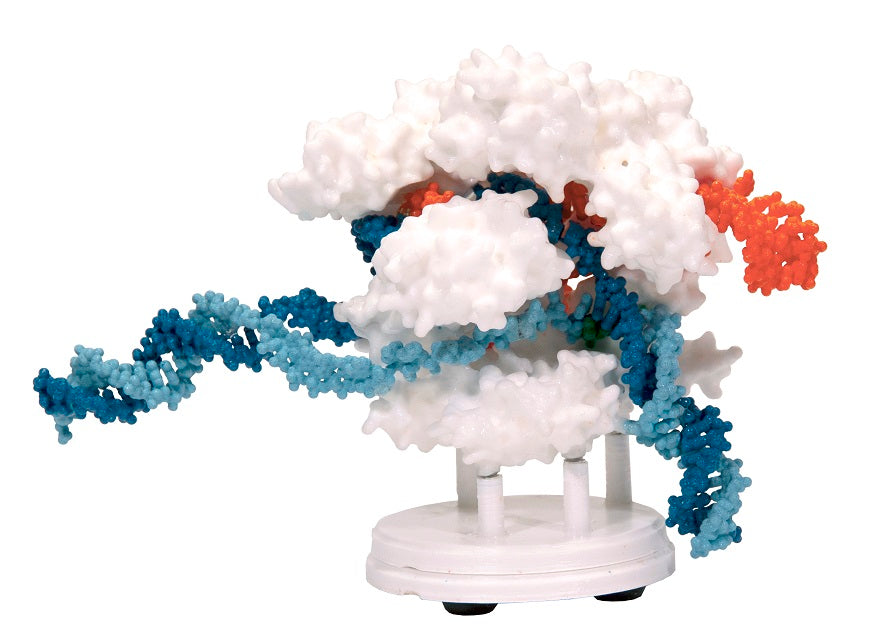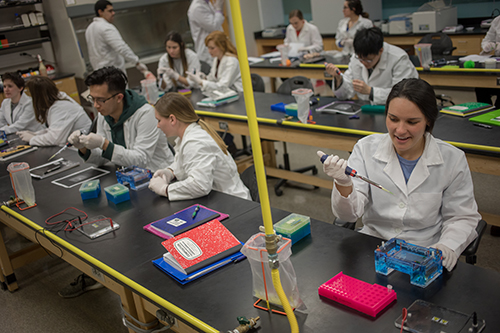Applied Genetics Concentration
Find Your Field in Applied Genetics
- Genetic counselors assess clients' risk for a variety of inherited conditions, such as birth defects.
- Genetic counselors work primarily in hospitals, physicians’ offices, outpatient care centers, university medical centers, and diagnostic laboratories. Most work full time.
- Typically Master's degree is required but Bachelor's possible too.
- Mean annual salary: $96,700 per year 1
- Expected to grow at a rate of about 6% - much faster than average
- More labor statistics for this sector...
- Agricultural and food scientists research ways to improve the efficiency and safety of agricultural establishments and products.
- Agricultural and food scientists work in laboratories, in offices, and in the field. Most agricultural and food scientists work full time.
- A Bachelor's degree is typically enough, but more education can lead to higher positions.
- Mean annual salary: $76,400 per year.
- Expected to grow at a rate of about 8% - much faster than average.
- More labor statistics for this sector...
- Biological technicians help biological and medical scientists conduct laboratory tests and experiments.
- Biological technicians typically work in laboratories. Most biological technicians work full time.
- A Bachelor's degree is typically enough, but more education can lead to higher positions.
- Mean annual salary: $51,430 per year.
- Expected to grow at a rate of about 7% - faster than average.
- More labor statistics for this sector...
- Forensic DNA analysts are scientists who are responsible for obtaining biological information within the scope of a criminal investigation.
- Data derived from DNA analysis performed by forensic DNA analysts may be used to help law enforcement identify a victim or a perpetrator.
- Mean annual salary: $51,570 during the same time, with the top 10 percent earning more than $82,990. Both professions are.
- Expected to grow at a rate of about 19%.
- More labor statistics for this sector...
- Geneticists study inherited traits, at a molecular, organism or population level. They can conduct their own research, work for a company or work in health care.
- They spend time conducting experiments, analyzing determinants and developing methods of modifying genes.
- Mean annual salary is $96,168.
- The field for biochemists and biophysicists, which includes genetic scientists, is expected to grow about 4%.
- More labor statistics for this sector...
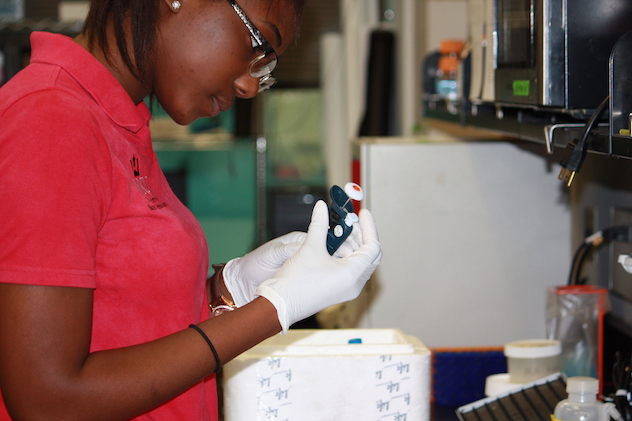
Research Assistant
Lab Assistant
Food Science Technician
Agricultural Technician
Animal Scientist
Plant Scientist
Research Geneticist
Conservation Specialists
Population Monitor
Counselor
Professor
Forensic Technician
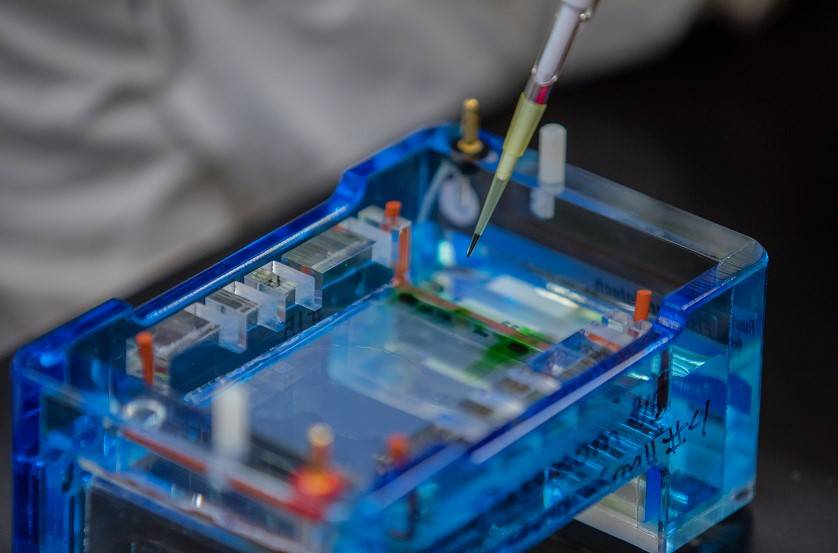
U.S. Agricultural Service
Colleges & Universities
State and Federal Agencies
Non-profit Organizations
Medical Research Facilities
FBI/CIA
Crime Labs
Hospitals
Counseling Centers
DNA Data Banks
Conservation Organizations
Medical Centers
Bureau of Labor Statistics, U.S. Department of Labor, Occupational Outlook Handbook, Life Science Occupations
Know Your Path in Applied Genetics
Biology & Science Core
Cells, Metabolism, & Genetics + Lab • Ecology, Evolution & Diversity + Lab • Algebra • Biophysics + Lab • Chemistry + Lab • Professional Aspects of Biology
AG Requirements
Animal Biology & Diversity • Genetics + Lab • Evolution • Statitics or Calculus • Bioinformatics • Molecular Basis of Cancer or Molecular Genetics • Molecular & Cell Biology or Biostatistics or Cell Biology
AG Biology Electives
[Students select 3-4 of these courses, based on their own interests, including any from the list above not taken as a requirement. Other choices include the below]
Immunology • Neurobiology • Introduction to Recombinant Genetics • Cooperative Education in Biology • Independent Research in Biology • Virology • Biochemistry • Recombinant Gene Technology
AG Example Courses for Selection: General Education Requirements
Health Literacy for Consumers • Personal & Public Health • Environmental Science • Food in World History • Complementary Health Care • Human Values and Health • Organized Crime • Population Health • Disability in the US
This concentration has allowances for an added minor or certificate.
These would pair well:
Find Your Place in Applied Genetics
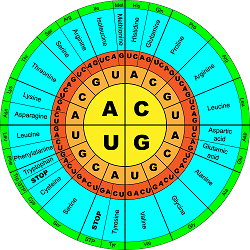
The Biology Department has lots of student organizations to chose from. These clubs are great way to make friends, get involved, and enhance your experience in our department! The Associate of Undergraduate Geneticists (AUG) is a great option for any student in the AG degree concentration.
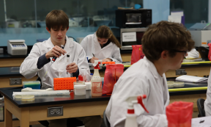
There are many opportunities to participate in research as an undergraduate student in our department, from lab work to field work, in streams, forests, or savannahs. Our undergrads regularly present at conferences and contribute to new discoveries! Find an AG lab today!
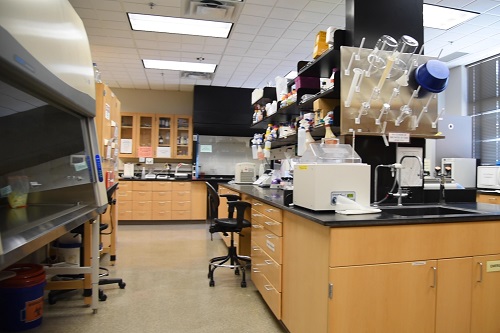
The Biotechnology Center at Western Kentucky University was established to facilitate hands-on educational opportunities for Biology students and to provide technical and educational services and faculty research. The Biotechnology Center is a part of Western's Applied Research and Technology Program.
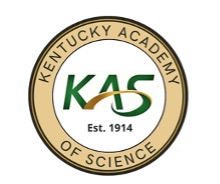
The mission of the KAS is to catalyze scientific communication and collaboration that will improve research, education, and evidence-based public engagement within the Commonwealth of Kentucky. Select: Membership >> Become a Member >> Join Online Now. On the form, select WKU as your institution and use your WKU e-mail.
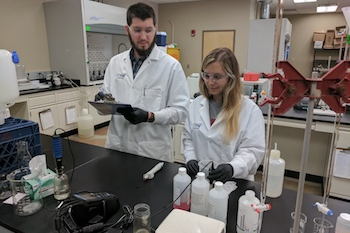
Applied Research and Technology Program (ARTP) consists of 13 scientific and service-oriented Centers providing opportunities for undergraduates to transition from academia to the workplace or graduate programs through participation in applied research and technological projects.
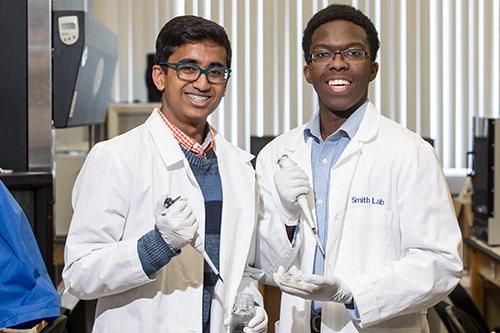
An internship is a great way to get hands-on exposure to different disciplines within biology. Internships can help you decide if your chosen career is right for you! They provide experiential hours required by many professional societies and you can get upper-level biology credit (BIOL 369).
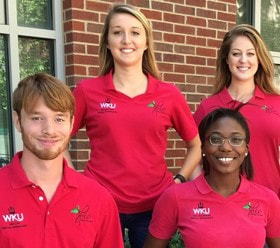
Biology Ambassadors are an elite group of students who assist with recruitment, retention and advising. They help prospective students and visitors understand that the Biology Department is truly an exceptional place.
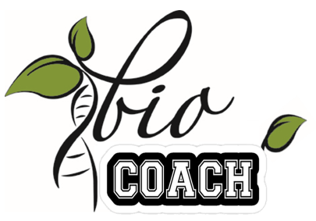
BioCoaches are talented upper division students that serve as peer mentors and learning assistants in our introductory courses. Serving in BIOL 120 is best for AG students, and you'll receive course credit for playing a vital role in student success.
Some of the links on this page may require additional software to view.



